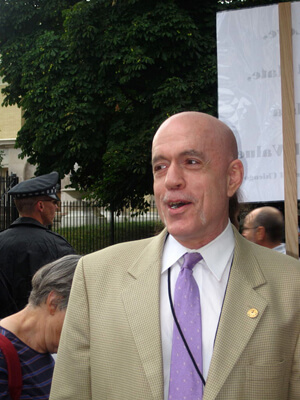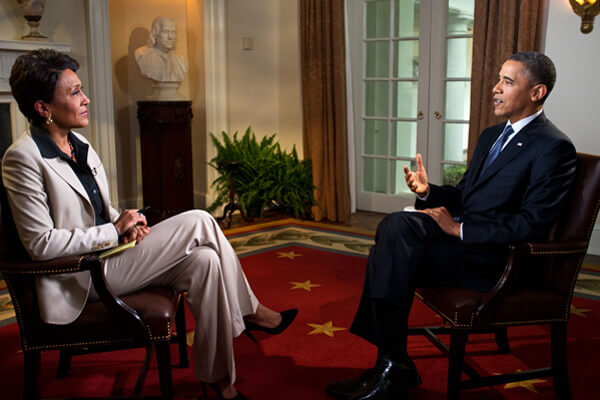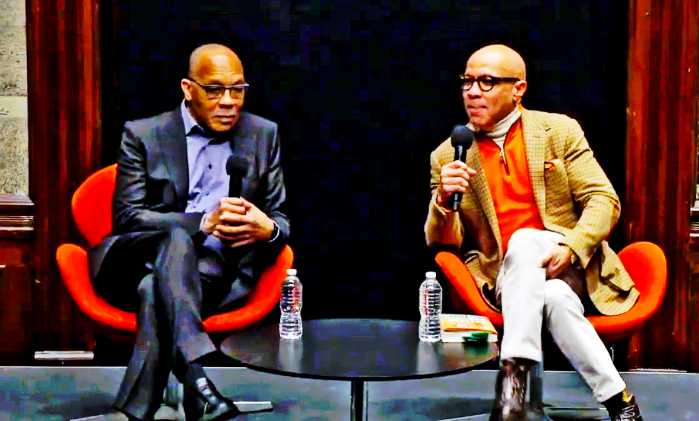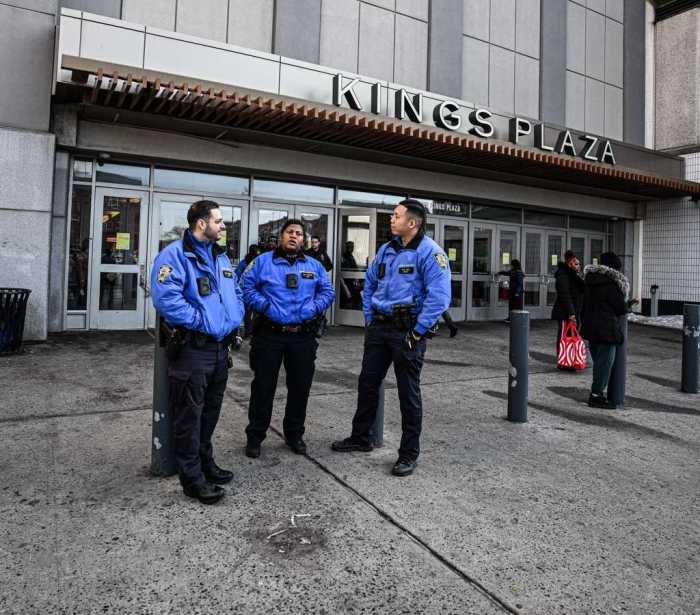Illinois State Representative Greg Harris, a Chicago Democrat. | LEAH JONES/ WIKIMEDIA COMMONS
The Illinois House of Representatives gave approval to marriage equality late in the afternoon on November 5, with 61 yes votes, one more vote than the simple majority needed.
The State Senate passed the measure on February 14, Valentine’s Day, by a wide 34-21 margin, but the House sponsor, Representative Greg Harris, a downtown Chicago Democrat who is gay, pulled back from pushing for a vote in May, saying a majority was not yet there. Harris took flak from a number of Illinois LGBT activists, and some of his colleagues during the floor debate today said the criticism of him had been unfair and even counterproductive to the bill’s prospects.
Because the House has passed the bill during a special “veto session” of the Legislature, it cannot take effect until June 30 of next year rather than after the usual 30-day wait. As a result, the Senate will have to take action to amend its version of the bill before it can go to Democratic Governor Pat Quinn, who has pledged to sign it.
According to the Chicago Tribune, Senate action is due later this evening.
“Today is an important and historic day for the State of Illinois and for the rest of our country,” said John Kohlhepp, campaign manager for Illinois Unites for Marriage, a coalition of groups supporting the bill. “Our neighbors, our colleagues, our family members, and friends – everyone in our state will now enjoy the freedom to marry. I want to thank our many coalition partners, staff, and state-wide community partners, including the thousands from the faith, African-American, and Latino communities. We couldn’t have done it without you.”
Illinois becomes the 15th state to adopt marriage equality. With the District of Columbia, which also has a gay marriage ordinance, just over 37 percent of Americans now live in jurisdictions offering equality to same-sex couples.
In Hawaii, which currently has a civil union law, the State Senate approved a gay marriage bill on October 30 by a 20-4 vote. The House is now considering the measure, though there the prospects for passage remain uncertain. Democratic Governor Neil Abercrombie supports the legislation.




































